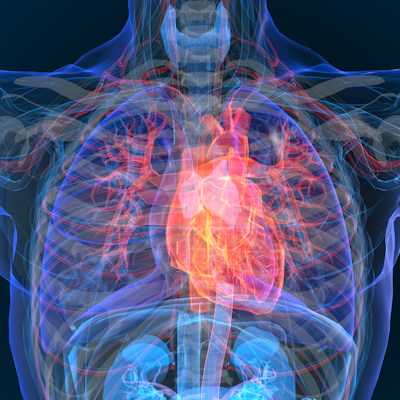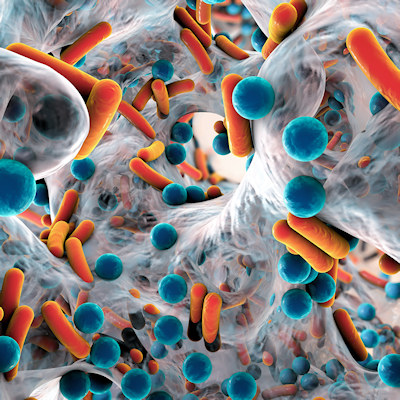August 15, 2022 -- New research reveals monocytes alone are capable of facilitating faster healing of skin wounds, which runs counter to previous beliefs that neutrophils and monocytes both performed that function. Instead, University of Calgary researchers discovered monocytes regulate leptin levels, blood vessel growth during wound repair, and produce ghrelin, which helps wounds heal more efficiently, according to a study published on August 10 in Nature.
Using intravital microscopy, the research team visualized the immune response to Staphylococcus aureus bacteria in an animal model. The bacteria can catalyze abscesses or boils and lead to severe infections like pneumonia and endocarditis. For high-dose infections, monocytes surround the infection site, whereas neutrophils infiltrate it. Monocytes did not clear bacteria but converted to macrophages that persisted for weeks after infection. Doing so regulated hypodermal adipocyte expansion and production of the adipokine hormone leptin, the researchers found.
Also, the scientists learned for infected monocyte-deficient mice, there was an increased, persistent hypodermis thickening and an elevated leptin level, which drove overgrowth of dysfunctional blood vasculature and delayed healing. Ghrelin, which opposes leptin function, was produced locally by monocytes and reduced vascular overgrowth and improved healing post infection.
Next, the scientists plan to study the role of neutrophils more deeply, specifically how neutrophils become cleared from an infection and whether they take on different roles.
Copyright © 2022 scienceboard.net









